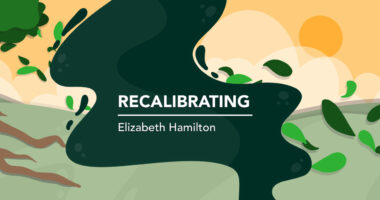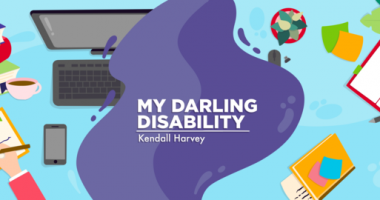How improved global connectedness benefits the rare disease community
A columnist reflects on how things have changed since his college days

Because of my mom’s poor health, I’ve been spending more time lately talking with my family. I recently spent a few days with one of my brothers helping Mom settle back into her house after nearly eight weeks in the hospital.
My brother’s kids are regular topics of our conversations, especially now that they are about to start college. Considering all the details involved in helping them make the transition, our discussions prompted me to reminisce about how much has changed since I was in school, in terms of both Friedreich’s ataxia (FA) and technological advancements.
For instance, I didn’t know anything about FA until a few years after I graduated from college. As a result, friends would often tease me about my disturbed gait and awkward movements, joking that it seemed like I was drunk. I didn’t drink alcohol, so the jokes were just playful quips. However, I wonder how our banter might’ve been different had we known I had a disability.
On another note (that reveals my age), I remember the stylish new flip phone I took with me to college. Although I could access the internet, doing so was complicated and expensive compared with today. MySpace didn’t exist until my senior year of college, and the iPhone was introduced a few years later. When my brother described how my nieces use Snapchat to stay in touch with friends, I chuckled at the difference 20 years can make.
This train of thought then led me to wonder what my college experience would’ve been like if technology and the internet back then were like they are today. Would I have been diagnosed with FA earlier, allowing me to find my community sooner? What would my college experience have been like if I knew I had FA?
In the past week, I’ve received two emails from people who recently received a rare disease diagnosis and are trying to connect with fellow patients. It can make a big difference to hear firsthand stories about how others have adjusted to such devastating news.
On one hand, I feel sad knowing that another family has had their world turned upside down. But on the other, I’m grateful that today, information is easier to find, people are easier to connect with, and perhaps most importantly, patient-focused organizations exist.
I miss certain things from the good ol’ days, but overall, I believe that global connectedness makes the world a better place for people with rare diseases.
Note: Friedreich’s Ataxia News is strictly a news and information website about the disease. It does not provide medical advice, diagnosis, or treatment. This content is not intended to be a substitute for professional medical advice, diagnosis, or treatment. Always seek the advice of your physician or another qualified health provider with any questions you may have regarding a medical condition. Never disregard professional medical advice or delay in seeking it because of something you have read on this website. The opinions expressed in this column are not those of Friedreich’s Ataxia News or its parent company, BioNews, and are intended to spark discussion about issues pertaining to Friedreich’s ataxia.








Comments